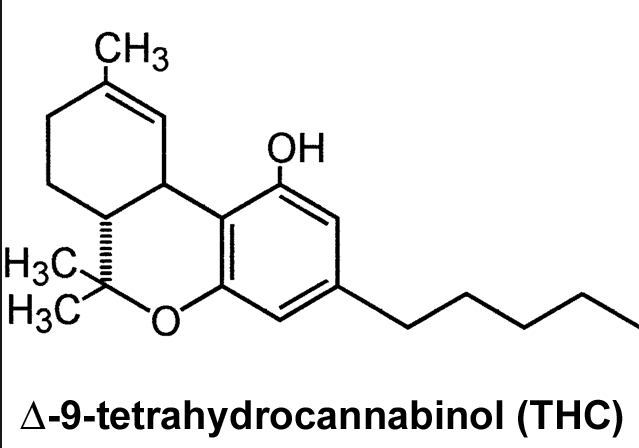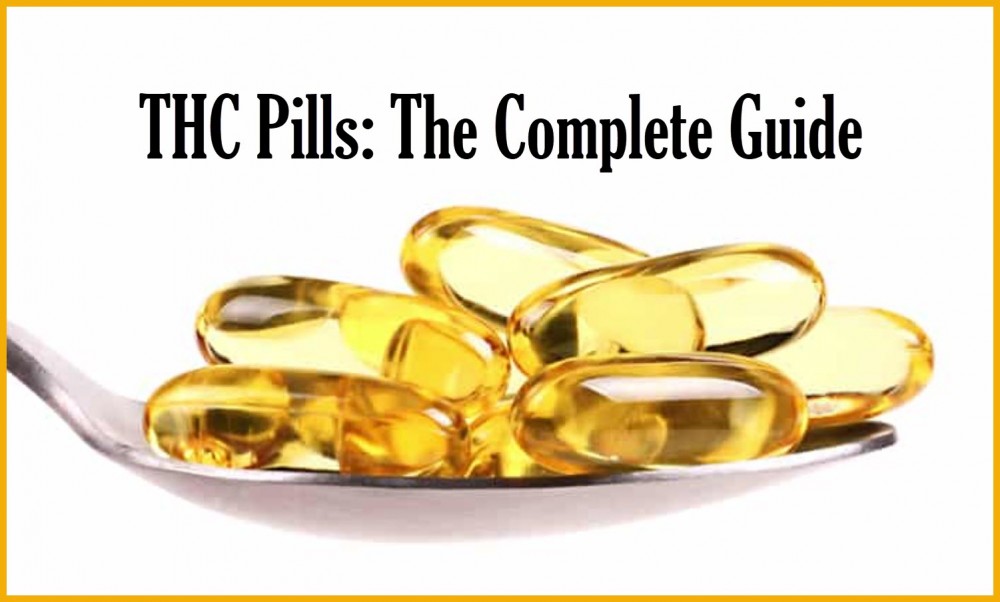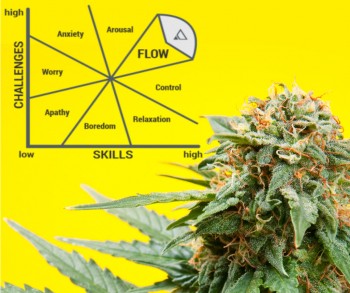6 Fun Facts About THC, Everyone’s Favorite Cannabinoid
Information on THC That No One Told You from CannabisNet on Vimeo.
There’s no doubt that THC is everyone’s favorite cannabinoid; it is certainly the Hollywood star in cannabis. For decades, growers have been breeding marijuana plants in order to get the highest THC levels ever – because for a time, all we knew about cannabis was that it was good for getting high.
Now that there are hundreds of different studies about the medicinal properties of cannabis and how the various cannabinoids play a role in healing, the spotlight has kinda been taken away from THC. Many medicinal patients prefer to enjoy the therapeutic benefits of the plant with no high, which means that they need strains that have as little THC content as possible.
THC is also the most controversial cannabinoid (think the Lindsay Lohan of the lot), it’s the main reason why some anti-marijuana doctors think that cannabis isn’t safe enough to prescribe to patients.

But aside from giving you a high and having its own unique set of special medicinal powers, there’s so much more about THC that you should know about. Here are 6 fun facts about THC:
THC was first discovered back in 1964 by a doctor in Israel named Dr. Raphael Mechoulam. He was the pioneer responsible for isolating THC from the cannabis plant for the first time in history. Dr. Mechoulam was a postdoctoral student back then, when he realized that certain active compounds in cocaine and morphine were successfully isolated, yet no one had been able to do this with cannabis. Dr. Mechoulam wanted to complete his research in a hurry so much so that he actually went against the law by sourcing pot from his friends in the local police department. Nevertheless, he was able to isolate THC finally in 1964, which marked the beginning of his long and fruitful career dedicated to studying cannabis. His discovery of THC earned him many awards.
THC is just one of the many other useful cannabinoids in marijuana with known medicinal properties. Since Dr. Mechoulam was able to identify it, scientists have found more than 60 other cannabinoids, although THC and CBD are usually the most abundant in cannabis.
Contrary to popular belief that smoking weed makes you dumb, THC can protect your brain and stimulate cell growth. THC is extremely beneficial for the brain cells, while other recreational drugs will harm your brain. In fact, THC is already known as a neuroprotectant because it protects the brain from things like oxidative stress and inflammation. Scientists also know that THC can even encourage the growth of new brain cells, a process referred to as neurogenesis. Other drugs, such as cocaine, heroine, ecstasy, and even alcohol suppress neurogenesis while cannabis promotes it.
THC remains illegal in the United States as well as in most countries around the globe. Despite this, THC has received the go-signal to be used in FDA-approved medicines such as Marinol, which was developed by Unimed Pharmaceuticals through funding from the National Cancer Institute. Marinol was granted approval from the FDA to be used in treating vomiting and nausea caused by chemotherapy. Since then, there have been other THC-based medications that have been developed; these include Sativex and Cesamet.
THC won’t ALWAYS get you high. Most people associate THC with its psychoactive properties, but I bet you didn’t know it wouldn’t happen on its own. Before it’s exposed to heat, THC is still THCA (tetrahydrocannabinolic acid). It’s the same reason why you don’t munch on your raw stash – because it won’t get you high. However, many patients choose to consume raw pot because the THCA content has some of the therapeutic benefits of THC.
Your body contains compounds that are similar to THC. After THC was discovered, scientists spent a long time searching for chemicals in the human body that could explain how THC affected us. Dr. Mechoulam once again saved the day: in 1992 he mad a breakthrough by discovering anandamide. The molecule anandamide is actually a cannabinoid produced in the brain and other parts of the body. Both THC and anandamide affect the same pathways in the human body, which we know today are called the cannabinoid receptors. Anandamide regulates sleep, mood, memory, and appetite.
What’s your favorite benefit of THC? Share it with us in the comments below!
OTHER STORIES YOU MAY ENJOY...
THC KILLS CANCER SAYS RICK SIMPSON, CLICK HERE.
OR..
WHAT IS THC, EXACTLY? READ THIS FIRST..
OR..
A GUIDE TO THC PILLS, CLICK HERE.









